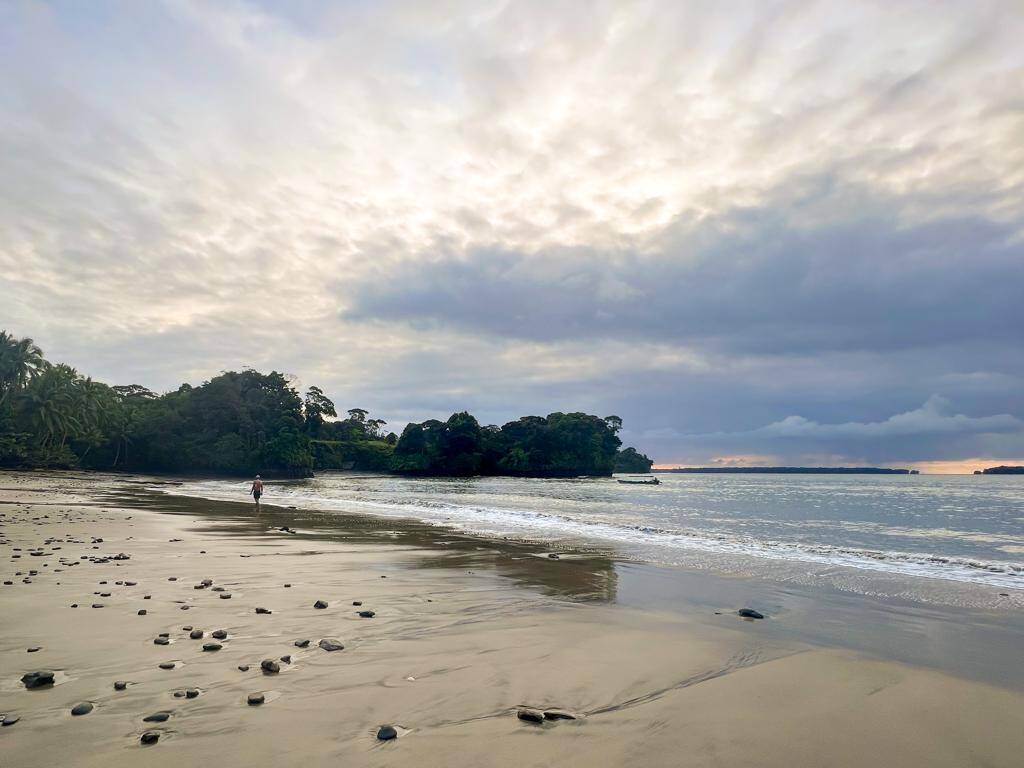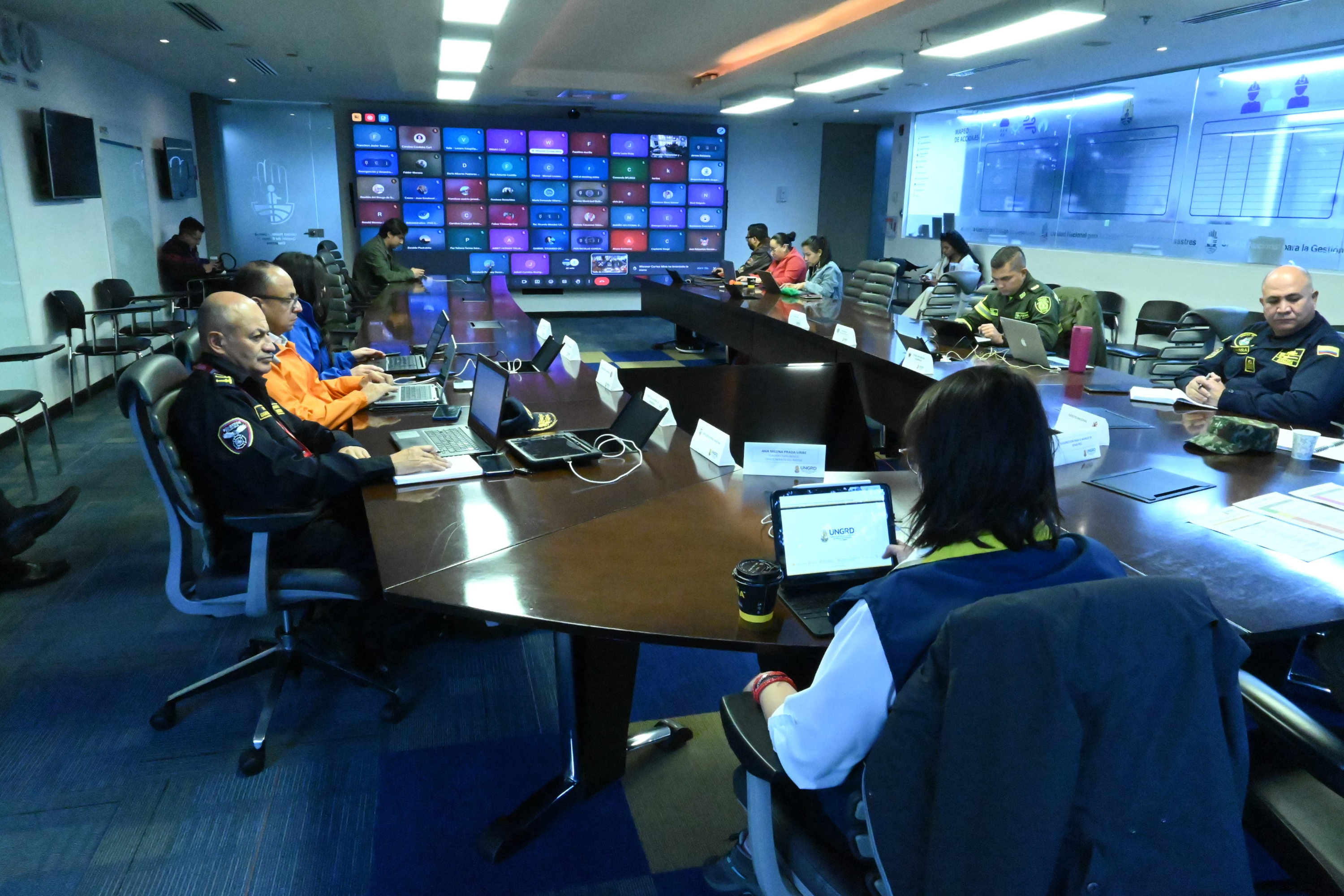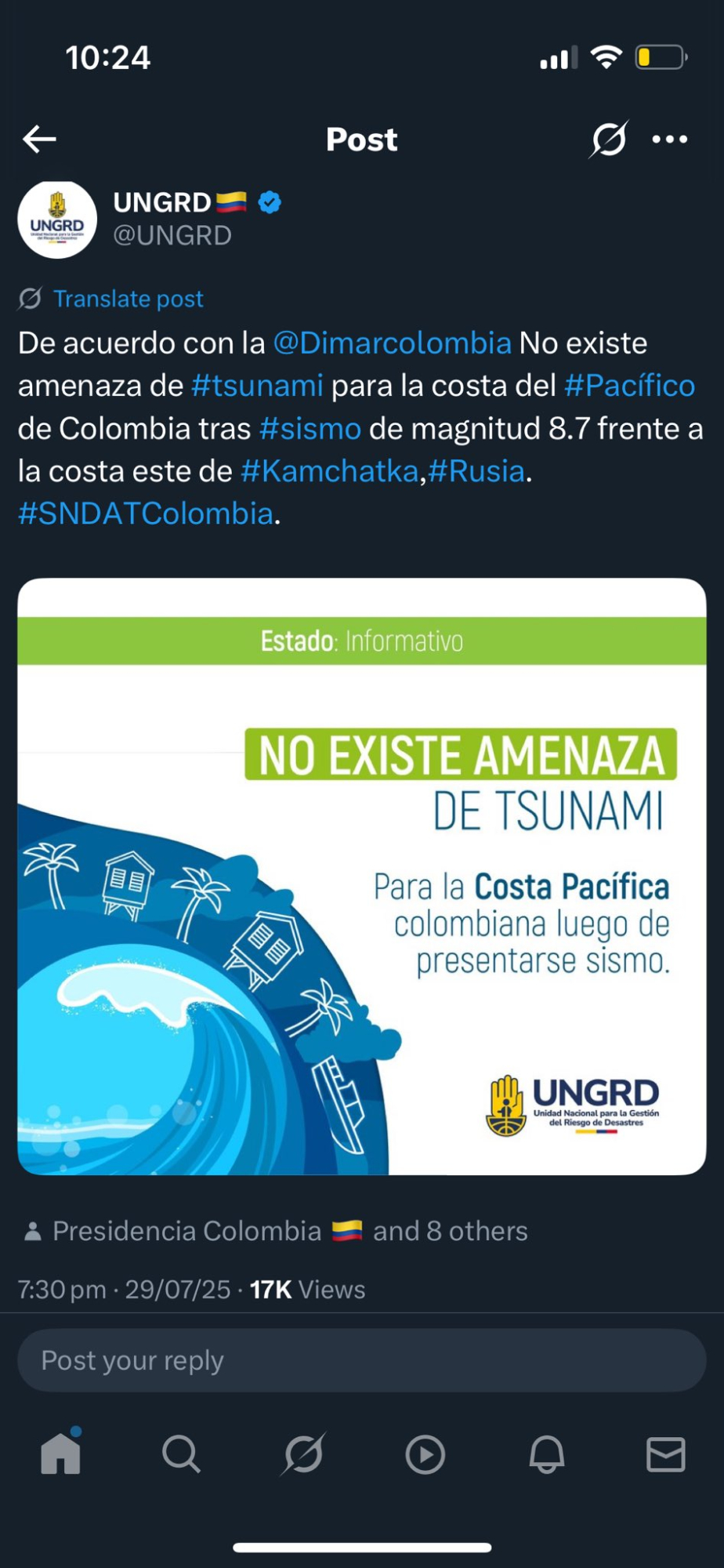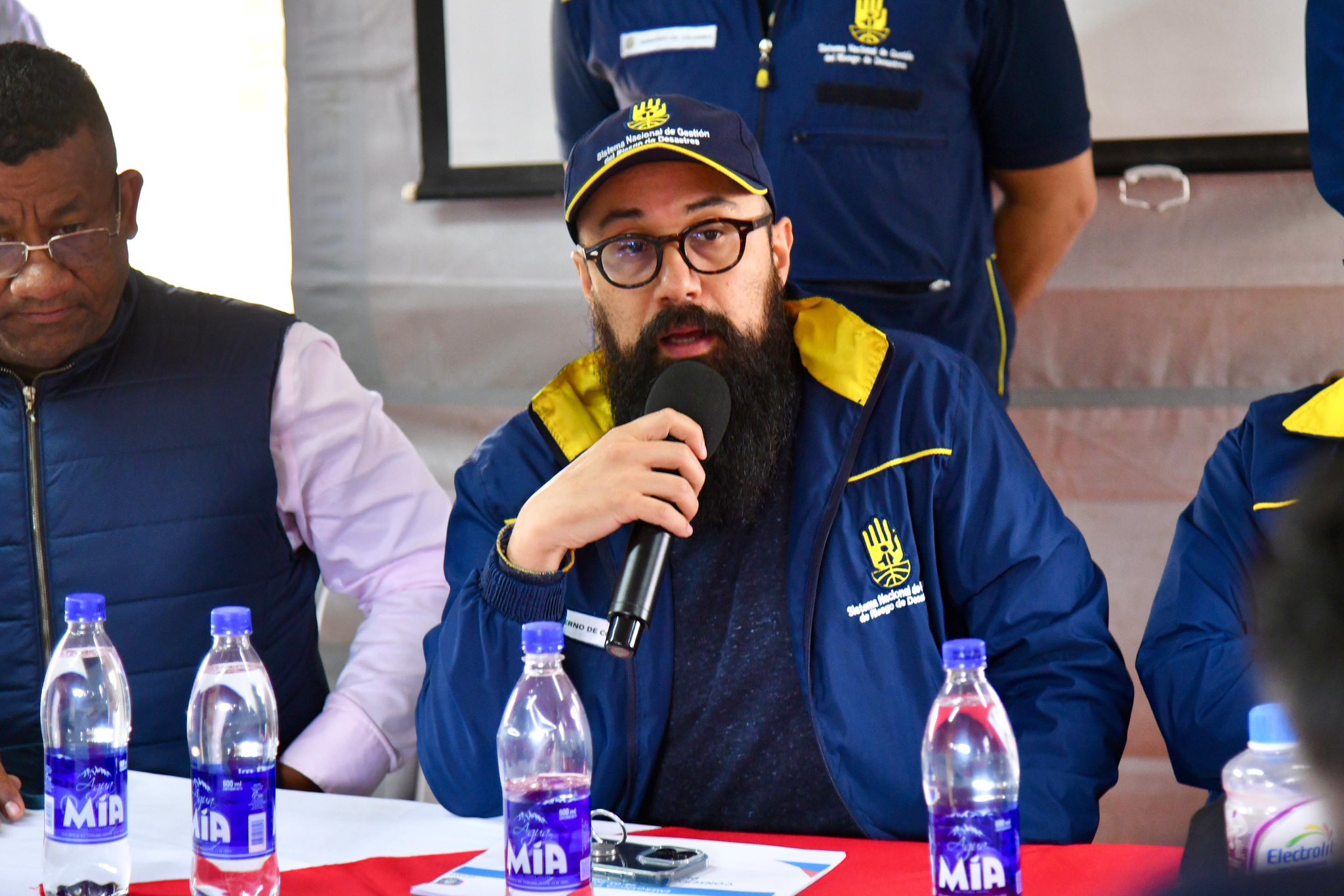UNGRD director says tsunami response protocol was followed and the country responded in a timely manner: "My appreciation to the organizations."

Following questions about the Colombian government's alleged delay in responding to the tsunami threat caused by the 8.8 magnitude earthquake in Kamchatka, Russia, on July 29, Carlos Carrillo, director of the National Unit for Disaster Risk Management (UNGRD), defended the decisions taken and asserted that they acted "in strict compliance with the national protocol for tsunami detection and alert."

The alert remains in effect in several areas of the Pacific. Photo: Sebs Rodri
In an interview with EL TIEMPO, Carrillo explained that the protocol was issued during the administration of former President Iván Duque and clearly establishes the responsibilities of each entity involved, including the General Maritime Directorate (Dimar), the Colombian Geological Service, and UNGRD. In this case, Dimar conducts the technical analysis, which UNGRD, as coordinator of the risk management system, then amplifies. "This isn't a procedure pulled out of a hat. There's a technical protocol that assigns responsibilities, and we strictly follow it," he stated.

Unified Command Post developed this Wednesday by UNGRD. Photo: UNGRD
The defense of the official administration comes at a time when environmental experts and public sectors have questioned why the UNGRD issued its first evacuation order around 3:00 a.m. on July 30, while the United States National Tsunami Warning System (NOAA) had already activated a tsunami alert for the Colombian coast at 10:00 p.m. the previous day. By 7:30 p.m., the UNGRD had publicly stated that there was no tsunami threat to the Colombian Pacific coast, a position that changed throughout the night.
This isn't a procedure pulled out of a hat. There's a technical protocol that assigns responsibilities, and we strictly follow it.
Carrillo, however, ruled out any delays and defended the way the country activated its response mechanisms. "A delay on the part of the UNGRD is a lie. We have been addressing this in real time, amplifying the statements issued by Dimar, which I believe has the capacity and professionalism to do so," he said.
The director also criticized what he considered an increase in misinformation on social media. "Tsunamiologists from all over the world have appeared here, not even bothering to check the protocol. Some, with profound ignorance and great irresponsibility, have amplified announcements from other countries," he noted.

At 7:30 p.m., UNGRD reported that there was no tsunami warning for Colombia. Photo: UNGRD
He clarified that, in Colombia, decisions are not based solely on international alerts but on its own models and analyses. “Colombia is a sovereign country. There are countries that simply rely entirely on NOAA data to manage the situation. We don't,” he explained. “Dimar does its own modeling. Believe me, the state of the Colombian coast matters more to our National Navy than to the US NOAA,” he added.
Carrillo also explained why the protocol mandates not disclosing public estimates of wave heights. "We could either create exaggerated panic or cause people to underestimate the danger. A one-meter wave can have a very significant impact depending on where it hits," he warned.

Carlos Carrillo, director of UNGRD. Photo: UNGRD Press
According to the official, decisions have been made in spaces such as the Unified Command Posts (PMU), where local, regional, and national authorities meet. "From very early on, the governorates and municipal risk management councils were connected, all activated to monitor and respond in case of emergency," he explained.
At this time, he said, no abnormalities have been reported on the coast, and Dimar is expected to lower the alert level in the coming minutes. "We are still in the warning stage, but we hope to close this and return to normal as soon as possible. Since early morning, all maritime activities have been canceled; there is no tourism, fishing, or diving," he added.
Finally, Carrillo reiterated his appreciation to the entities of the national system for their uninterrupted work since the previous night. “Not only to the entity I lead, but also to Dimar, the Colombian Geological Survey, and the entire National Risk Management System. They have worked tirelessly to keep the country safe,” he concluded.
Environment and Health Journalist
eltiempo




